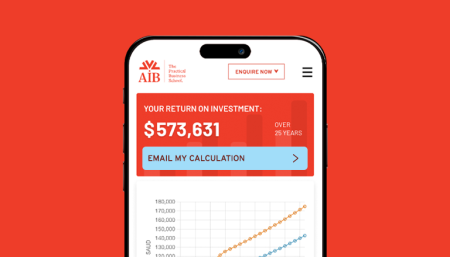5 Tips for Evaluating Team Performance

The process of evaluating team performance after a project is often overlooked – especially after success. After working hard to complete the project, the last thing a team leader wants to do is go back through each detail. Unfortunately, evaluation is a crucial part of moving forward and ensuring that the processes can run even better the next time around. The following tips will help you to evaluate team performance effectively, and provide valuable insight into how to approach future projects.
1. Revisit project goals
Before delving into the evaluation processes, it is important to revisit the original goals of the project. By taking a step back, this allows you to be better informed and puts you in the right frame of mind to draw realistic conclusions. If you constantly have a view of the final outcomes in mind, your evaluation may be skewed.
2. Interview each team member
Evaluation interviews should be conducted in both a group environment as well as individually. Group interviews are harder to organise with social distancing rules and limited people allowed in rooms. Managers must arrange interviews that adhere to distancing rules, while still being able to gain the required information to provide insights. You may find that group members hold back their thoughts in the group interview setting therefore it is important to conduct both so comparisons can be made. Try to discover each group member’s feelings, how they thought the dynamics in the group worked, any of their concerns and what they felt worked well. This provides an opportunity for both the manager and the individual employee to provide constructive feedback in an informal setting.
3. Listen carefully
As a manager you must pay careful attention to what each employee says during these debriefing interviews. Some employees may be apprehensive to be honest and it is in your best interests to seek the truth out of them. Make each employee feel comfortable in providing confidential feedback, and if you feel that they are holding back, try to approach the question in a different way.
4. Identify key challenges
After conducting the interviews, sit down and extract the key challenges that were faced throughout the project. There may be both obvious and very subtle problems that occurred but it is important to analyse each one. Areas of analysis could include deadlines that were not met, the quality of the work, and whether staff were assigned the correct tasks based on their skillsets.
5. Plan for next time
Many teamwork projects can go wasted without proper analysis and forward planning. Following up the results of the project is just as important as the project itself. Use your findings from the interviews to plan for the next time that you engage in a team environment. This will be of assistance in areas such as delegation and the setting of deadlines in future projects.
These are my suggestions but I am interested to know how you evaluate team performance in your role? I welcome your thoughts or questions on evaluating team performance in our comment box below.
This article was written by Laura Hutton on behalf of the Australian Institute of Business. All opinions are that of the writer and do not necessarily reflect the opinion of AIB. The following sources have been used to prepare this article: WikiHow and Semantia.





